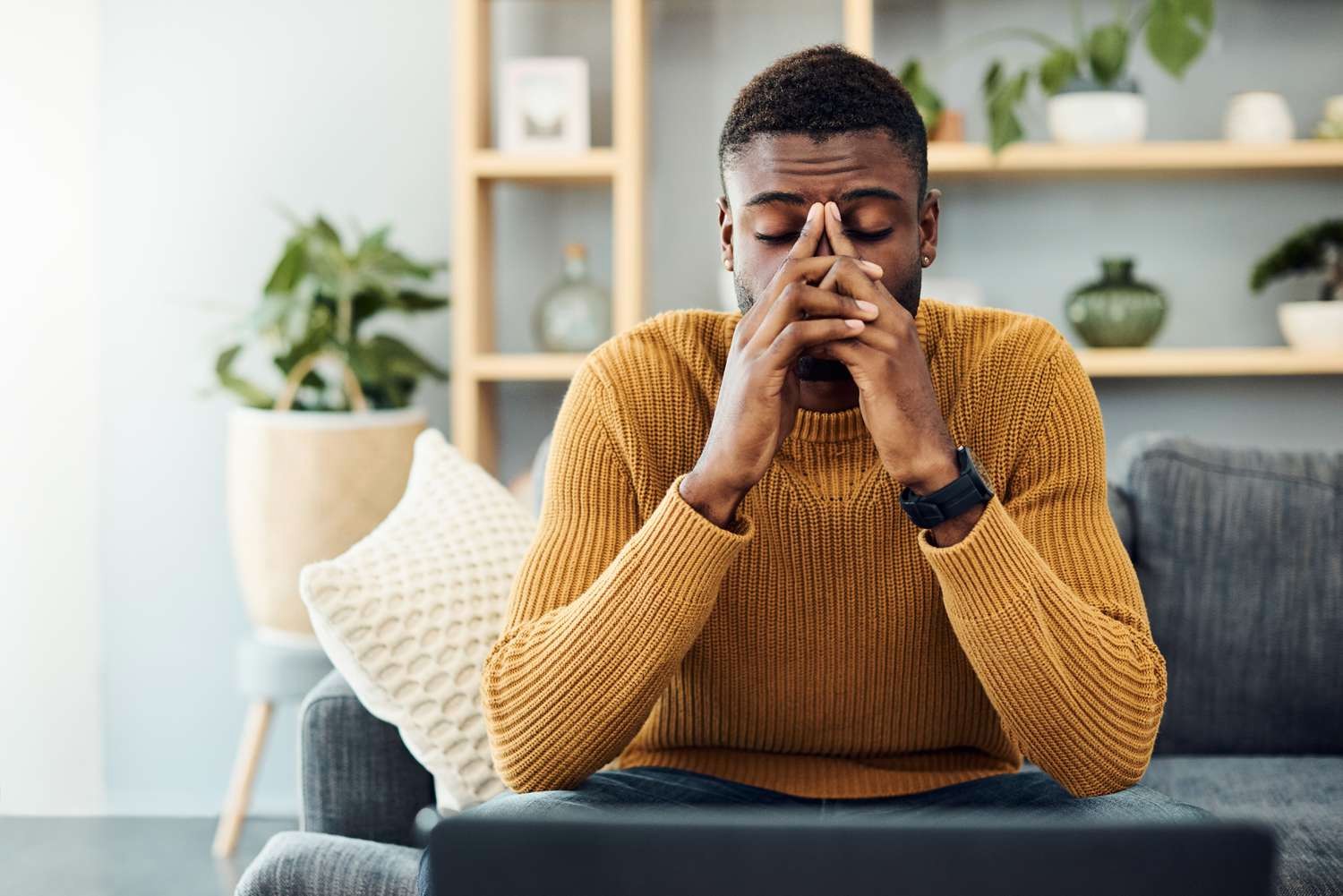Anxiety isn’t just your everyday, run-of-the-mill stress. It’s a condition that can suffocate the joy out of life and leave you feeling like you’re perpetually treading water. Sometimes it’s not even you who’s caught in its grips, but a loved one, and that can make you feel just as powerless. If you suspect someone close to you might be dealing with anxiety, here are four common signs to look out for.
1. Excessive Worrying
The first and most obvious sign of anxiety is an excessive amount of worrying. We all worry about things, whether it’s a job interview, a date, or our favorite team winning the playoffs. But someone with anxiety will often worry to the point where it’s debilitating. They’ll lose sleep, have difficulty concentrating, and will constantly play out worst-case scenarios in their minds.
This kind of worrying can take a toll on a person’s health. It might lead them to seek comfort in unhealthy behaviors or substances. If you see this kind of worrying in a loved one, it’s crucial to approach them with understanding and empathy. Encourage them to seek professional help, and let them know you’re there to support them.

2. Feeling Overwhelmed in Normal Situations
People with anxiety often feel overwhelmed in situations that others may find normal or even mundane. It could be something as simple as going to a grocery store or taking public transportation. They might avoid social situations, dread going to work, or even refuse to leave the house. This can lead to a feeling of isolation, which only exacerbates their anxiety.
When you notice a loved one displaying such behavior, it’s important not to belittle their fears or try to force them into situations they’re uncomfortable with. Instead, help them find coping strategies and encourage them to seek professional help.
3. Difficulty Sleeping
Insomnia is a common symptom of anxiety. A racing mind filled with worries and worst-case scenarios can make it incredibly difficult to get a good night’s sleep. It’s not just about falling asleep either. People with anxiety often wake up several times during the night, have disturbing dreams, and feel restless even after a full night’s sleep.
Lack of quality sleep can affect their physical health and increase their anxiety levels. If you observe a loved one having difficulty sleeping over an extended period, it may be time for them to explore professional help. For instance, Christian Goodman’s “Overthrowing Anxiety” is a valuable guide that provides practical, natural methods for dealing with anxiety. You can check out my comprehensive overthrowing anxiety review for more information.
4. Physical Symptoms
Anxiety doesn’t just affect the mind; it can have physical symptoms too. These include headaches, dizziness, heart palpitations, stomachaches, and more. You might notice your loved one constantly complaining about feeling unwell, but with no apparent physical cause.
If this is the case, it’s important for them to seek medical advice. Anxiety can exacerbate existing health conditions, so it’s crucial to rule out other causes before attributing physical symptoms to anxiety.
Anxiety can be a real challenge to manage, but it’s possible to keep it under control with the right strategies and support. In addition to professional help, there are also many natural methods that can be beneficial. For example, mindful eating practices can help manage anxiety levels, and maintaining a healthy, active lifestyle can also have a positive impact. For more practical fitness tips, take a look at these unusual fitness tips that can boost men’s health.
Living with anxiety can be hard, but recognizing the signs and knowing how to seek help can make a world of difference. If you believe a loved one is struggling with anxiety, be there for them. Your support and understanding can help them navigate this challenging journey.
The Role of Nutrition in Managing Anxiety

Food plays an integral role in our physical health, but it can also impact our mental well-being. A balanced diet, rich in vitamins, minerals, and antioxidants, can help the body and mind cope with stress. Foods like dark chocolate, citrus fruits, and fatty fish are all proven to help lower anxiety levels. It’s not just about what we eat, but when we eat. Skipping meals can cause blood sugar levels to dip, triggering anxiety symptoms. Encourage your loved ones to maintain a balanced diet and regular meal times to help manage their anxiety.
Exercise as a Natural Anxiety Remedy

Physical activity has a profound impact on our mental health. It’s not just about building muscle or losing weight. Exercise releases endorphins, our body’s natural mood boosters, which can help manage anxiety and depression symptoms. Regular exercise also helps promote better sleep, reduces stress, and boosts self-confidence. Your loved one doesn’t need to become a marathon runner overnight. Encourage them to find a physical activity they enjoy, whether it’s swimming, cycling, dancing, or even just walking the dog.
Cultivating a Supportive Environment

One of the most important things you can do for a loved one struggling with anxiety is to create a supportive, non-judgmental environment. This means understanding that their worries are not something they can easily “snap out of”. Validate their feelings and let them know it’s okay to seek professional help. Encourage open communication and ensure them that they’re not alone in this journey. A supportive environment also means maintaining a calm and peaceful home atmosphere. Avoid unnecessary arguments or tension that could add to their anxiety.






Comments